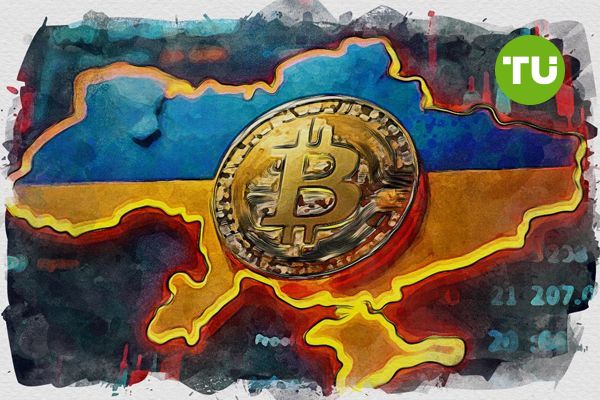Ukraine prepares bill on Bitcoin reserve
 Ukraine may add Bitcoin to national reserves, draft law in final stages
Ukraine may add Bitcoin to national reserves, draft law in final stages
Ukraine may soon join the list of nations exploring Bitcoin as a strategic reserve asset, with lawmakers reportedly preparing legislation that would allow the country to hold crypto as part of its national reserves.
The proposal was confirmed by Member of Parliament Yaroslav Zhelezniak during the CRYPTO 2025 conference in Kyiv, with a draft bill expected to be submitted shortly, reports Cointelegraph.
Zhelezniak did not share further details publicly, but sources told local outlet Incrypted that the measure is in its final stages. The move aligns with a broader global trend that began after U.S. President Donald Trump signed an executive order in March to establish a national Bitcoin reserve seeded with seized digital assets. Sweden has since floated a similar idea, with MP Rickard Nordin urging adoption as an inflation hedge.
Legal overhaul likely needed for implementation
Despite political momentum, experts say Ukraine faces major legal and regulatory challenges before Bitcoin can be integrated into its fiscal framework. Binance executive Kyrylo Khomiakov praised the initiative’s ambition but warned it would “necessitate significant legal changes” and might unfold slowly. The country’s crypto laws remain in flux, and coordination with institutions like the National Bank of Ukraine and the International Monetary Fund will likely be required.
Regulators have already proposed taxing crypto transactions—excluding stablecoins and crypto-to-crypto swaps—at up to 23%. Meanwhile, a separate bill to legalize digital assets is expected to be finalized in partnership with the IMF.
Critics question timing amid wartime austerity
Still, not everyone in Ukraine’s crypto sector supports the plan. Michael Chobanian, founder of the Kuna crypto exchange, criticized the initiative as a distraction from Ukraine’s deeper economic crisis. “More than 50% of the budget is in grants and loans,” he said. “Men are kidnapped and sent to the army against their will. What kind of BTC reserves are we talking about here?”
Chobanian’s comments underscore the political sensitivities surrounding the proposal. With the country at war and facing deep fiscal challenges, a Bitcoin reserve may be more symbolic than strategic in the near term.
Whether the legislation will gain traction or stall under scrutiny remains to be seen. But the fact that such a measure is being considered at all reflects how far crypto has come in shaping sovereign policy debates—even in a time of war.
Recently we wrote that South Korea may be poised to follow Hong Kong’s lead in legalizing spot Bitcoin exchange-traded funds (ETFs), as top presidential candidates signal support for institutional crypto adoption.













































































































































